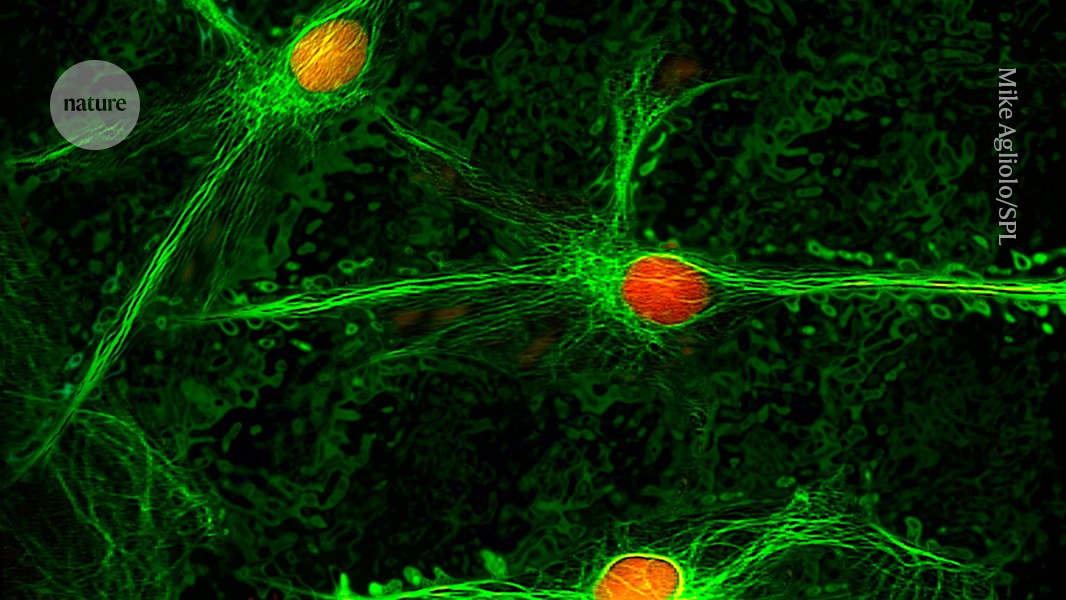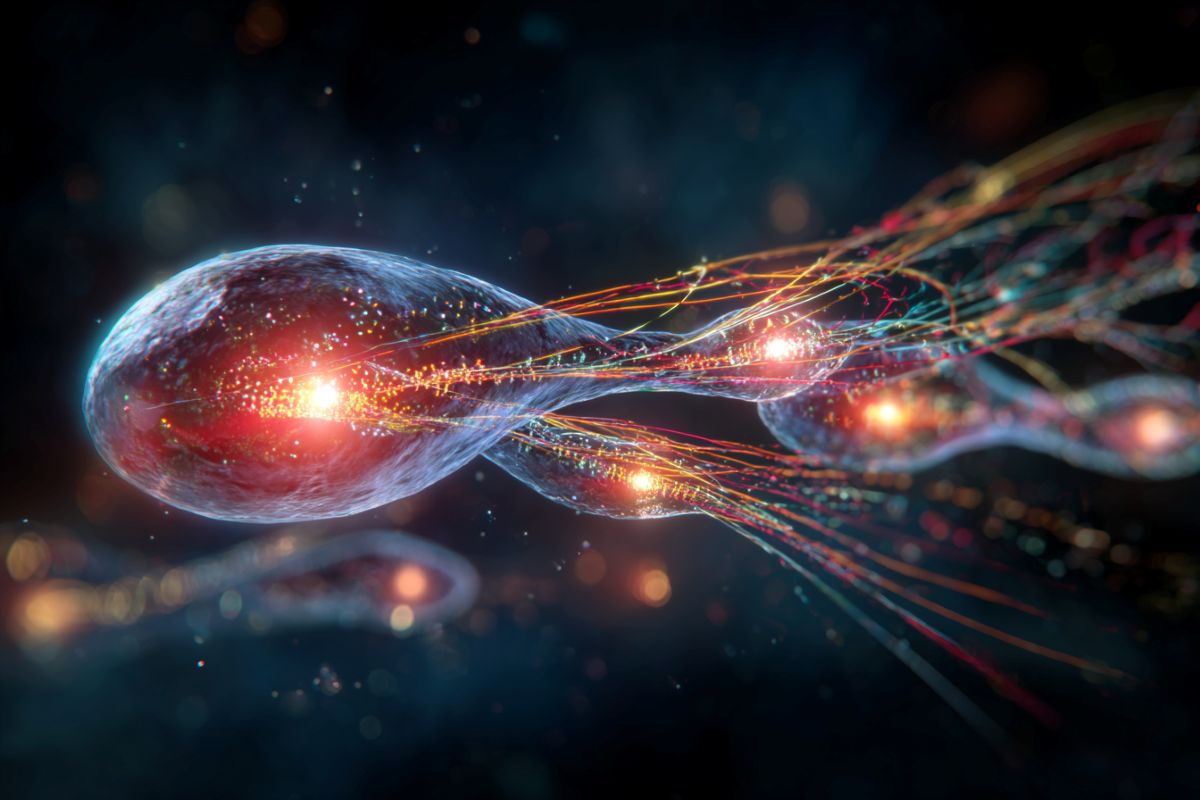Neurons (pictured) in a brain region called the parabrachial nucleus have been implicated in creating the sensation of pain that persists long after an initial injury.Credit: Mike Agliolo/Science Photo Library Scientists have spotted a small set of easily overlooked brain cells that is activated during persistent pain — the kind that lasts long after an initial injury. The research was …
Read More »Health
Man gets drunk, wakes up with a medical mystery that nearly kills him
And what about the lungs? A number of things could explain the problems in his lungs—including infections from soil bacteria he might encounter in his construction work or a parasitic infection found in Central America. But the cause that best fit was common pneumonia and, more specifically, based on the distribution of opacities in his lung, pneumonia caused by aspiration …
Read More »Which Is Better for Fiber, Magnesium, and Protein?
Nutrition Facts Chia Seeds (1 oz) Pumpkin Seeds (1 oz) Calories 140 160 Protein 4-5 g 9 g Fat 9 g 14 g Carbohydrates 12 g 5 g Fiber 10-11 g 2 g Magnesium 111 mg 150 mg Calcium 212 mg 15 mg Zinc 2 mg 2-3 mg Iron 2 mg 2-3 mg Chia Seeds Have More Fiber If …
Read More »A Better Design for Pill Cases
Brothers Tavish and Breton Rice shared an unfortunate experience: Watching their father, who suffers from a neurological condition, struggle with the vessels containing his numerous medications. “We watched our father go through every issue imaginable with his pill containers,” they write. “Breaking, spilling, accidentally opening–constantly. Handling a flimsy plastic pill box is already a hassle, …
Read More »Why Older Fathers Pass on More Harmful Mutations to Their Kids
Summary: Groundbreaking research has revealed that as men age, harmful genetic mutations in sperm not only accumulate but are also favored during sperm production, giving them a reproductive advantage. Using ultra-accurate DNA sequencing, scientists found that sperm from older men were significantly more likely to carry disease-causing mutations, including those linked to neurodevelopmental disorders and cancer. This phenomenon, known as …
Read More »State reports season’s first flu death out of western North Carolina :: WRAL.com
The North Carolina Department of Health and Human Services (NCDHHS) has reported the state’s first flu-related death of the season. On Wednesday, the NCDHHS said an adult in western North Carolina died from flu complications during the first week of October. Their name was not given in a release. “This is a sad reminder that flu infections can be serious …
Read More »This Key to a Happy Life Might Also Lower Your Dementia Risk – Money Talks News
This Key to a Happy Life Might Also Lower Your Dementia Risk Money Talks News Your Life’s Purpose Could Be Keeping Dementia at Bay, Study Finds ScienceAlert Dementia risk reduced in adults with a sense of purpose, study finds Yahoo News Canada Source link
Read More »Just a moment…
Just a moment… Enable JavaScript and cookies to continue This request seems a bit unusual, so we need to confirm that you’re human. Please press and hold the button until it turns completely green. Thank you for your cooperation! Press and Hold Press and hold the button If you believe this is an error, please contact our support team. 209.74.74.26 …
Read More »The Best Time to Exercise Before Bed
“Although exercise tires you out, the stimulation of your sympathetic nervous system provides an energy boost,” says Meurling. “So although you may fall asleep that sleep could be delayed or the quality might be poorer.” Exercise during the day, he says, can assist with a good night’s sleep. “Exercise does help in a number of ways,” says Meurling. “It’s good for …
Read More »Bad Sleep Makes Your Brain Age Faster, Study Finds – SciTechDaily
Bad Sleep Makes Your Brain Age Faster, Study Finds SciTechDaily Brain health: Poor sleep linked to faster brain aging Medical News Today Poor sleep speeds brain aging and may raise dementia risk ScienceDaily Poor sleep may make your brain age faster – new study The Conversation Poor Sleep Tied to Accelerated Brain Aging Medscape Source link
Read More »

:max_bytes(150000):strip_icc()/VWH-Chia-Seeds-vs-Pumpkin-Seeds-template-2-f2fa10301bbf4926acc5fd56d2829e61.jpg)



